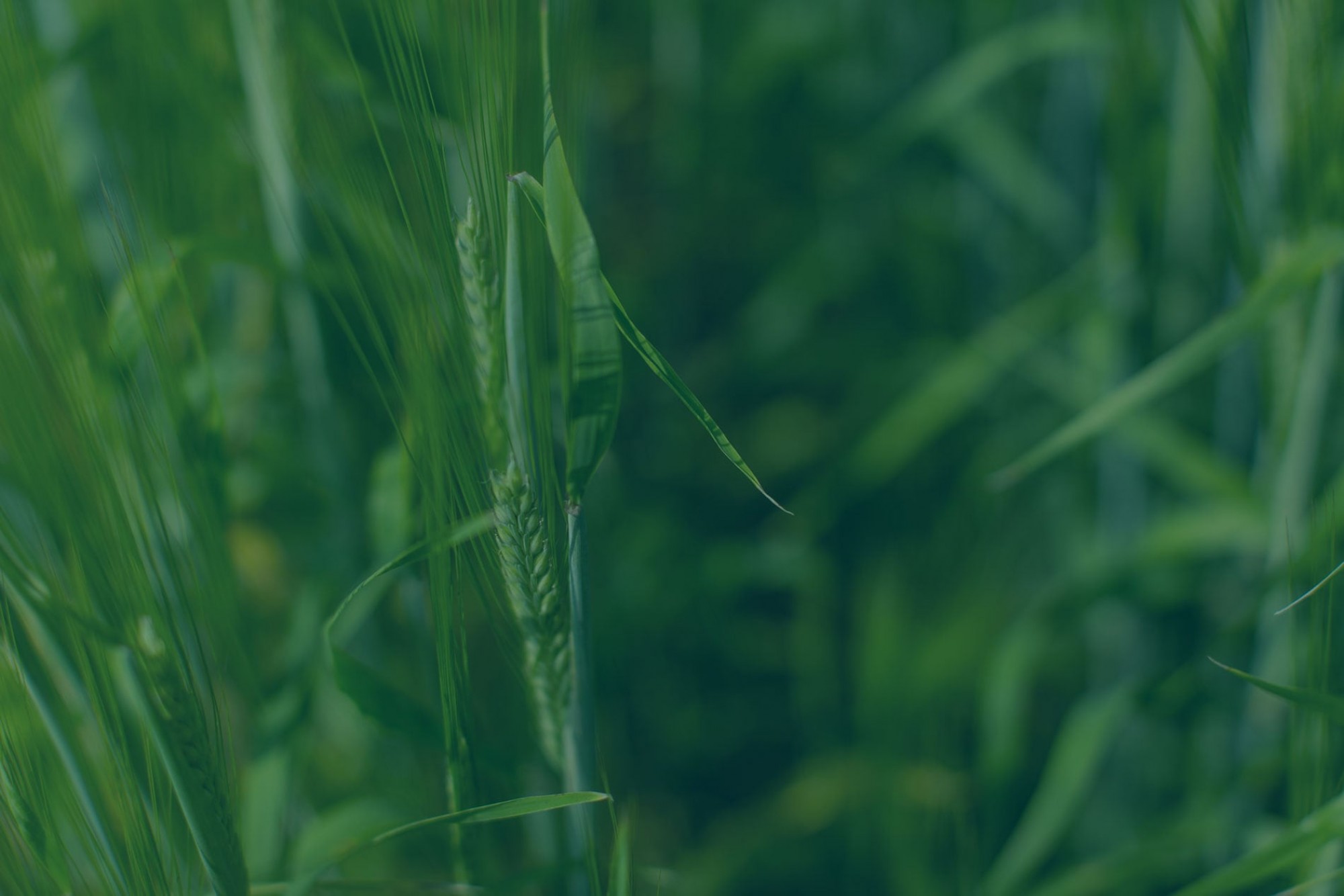Securing seed should be a top priority for Alberta farmers right now
By Alberta Seed Processors
After one of the driest and hottest growing seasons in recent history, many Alberta farmers ended the 2021 cropping season with yields well below normal. Many farmers had to source grain to fulfill contracts, while livestock producers experienced feed shortages. Furthermore, the field crop production shortfall is affecting seed supply this winter and spring.
Western Canadian canola seed supply typically operates close to seed market demand in any given year, meaning if a farmer wants a certain variety, it is recommended to order the variety sooner rather than later. Even though canola seed is produced under irrigation, the unprecedented heat of last summer resulted in lower yields. While many canola seed companies have a well-established contra season production, capacity this production is subject to supply chain issues; hence purchasing canola seed in a timely fashion is more important than ever.
For cereal and pulse crops, seed supply is at a premium for the 2022 planting season. Seed supply chain pressure is coupled with commodity and feed grain scarcity, meaning farmers should plan for their seed source as soon as possible. Farmers are advised to consider their crop rotations carefully as dry conditions can lead to herbicide carry-over, which may affect crop rotation plans. Waiting to firm up your seed supply would be a mistake.
At the end of January, reports from Alberta Seed Processors’ 68 co-op seed plant members indicated that farmers and pedigreed seed suppliers are eager to get pedigreed and farm-saved cereal and pulse seed processed as soon as possible. Plants are reporting an average to above-average volume of throughputs to date, which includes both farm-saved as well as pedigreed seed. Contributing to the rather busy fall and early winter seed cleaning season was the early harvest and warm fall as well as access to on-farm seed storage space that was filled with commodity grains in previous years. Cold weather near the end of December caused some plants to temporarily shut down due to possible equipment/employee harm from the extreme cold. Customers were also less willing to haul in cold conditions.
At this point, cereal seed quality appears average, with fusarium levels trending downwards. Knowing seed quality factors of germination, vigour and fusarium infection are the bare minimum when determining seed quality. Many co-op seed plants can send seed samples to labs for farmers, making seed test completion more convenient. One seed plant, which shall remain unnamed, hung a sign that read: “We cannot make a silk purse out of a pig’s ear.” Getting your seed tested by an accredited seed lab is now more important than ever. Dry and hot growing conditions have led to smaller and sometimes shriveled kernels that result in higher-than-normal cleanout. Farmers and seed suppliers are advised to expect a moving target when it comes to cereal seed quality and cleanout rates.
At the end of January, pulse crop quality reports were variable. Dry harvest conditions resulted in higher-than-normal cracking and breakage of pulse crops, which leads to more cleanout. Some tips to alleviate breakage: use bin (pea) ladders in handling equipment and direct spouting so seed falls on seed, rather than on metal or cement floors of storage bins. Cold temperature exacerbates seed breakage so try to handle pulse crops at temperatures above freezing, keeping in mind that the center of a large bin can be dramatically different than the temperature on the top or sides. Also, it is important to keep pulse handling to a minimum. However, this may leave pulse seed to be cleaned “just in time” for seeding, which creates logistical bottlenecks in cleaning plants. Farmers and seed suppliers are advised to discuss future seed cleaning requirements with seed plant managers.
Many seed cleaning plants also process grain. The amount of grain destined for purposes other than planting seed is steadily increasing. In the last 10 years, volumes of “grain conditioning,” or grain cleaning for marketing purposes, have steadily increased to around 9.2 million bushels. This is an opportunity for farmers to upgrade grain lots for marketing. Feed markets are strong, meaning there are opportunities for farmers to market sub-standard seed and upgrade cleaning on commercial grain. Again, the importance of planning cleaning/processing is of utmost importance.
Significant seed, grain cleaning and processing capacity exists through historic and recent investments in co-op processing facilities. There have been at least five new high-capacity processing facilities built in Alberta in the past decade, and millions of dollars invested in additional upgrading in existing facilities.
Despite these new opportunities, the age-old issue of planning and confirming the logistics of getting your seed in and out of the plants remains: Don’t delay. Book your cleaning and processing today.

